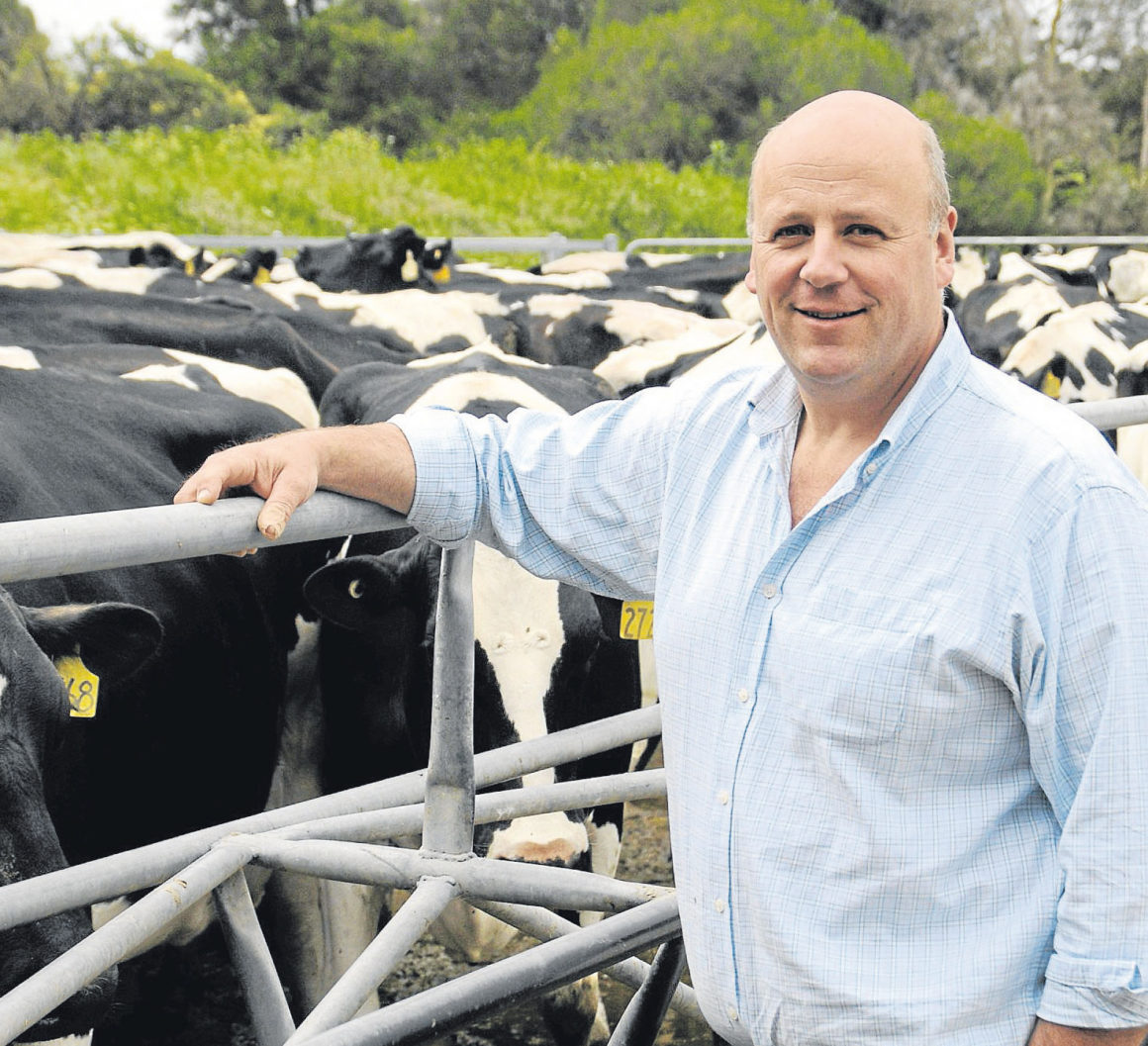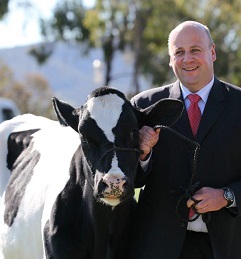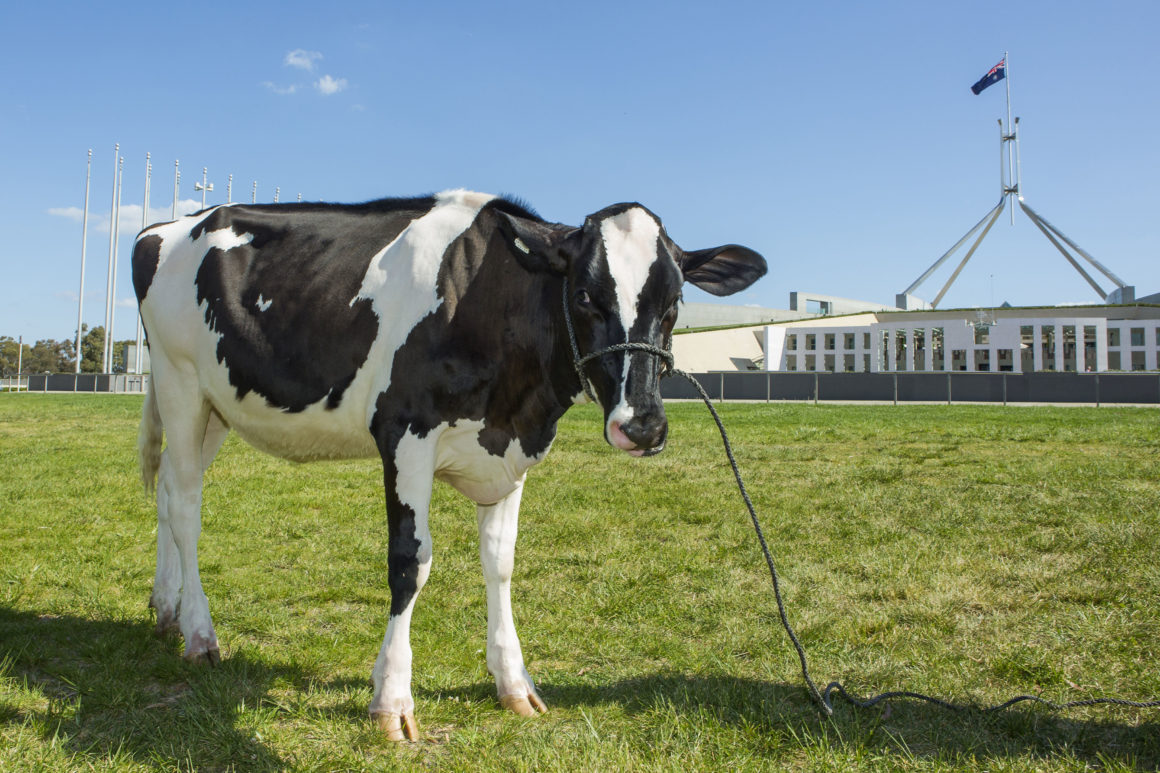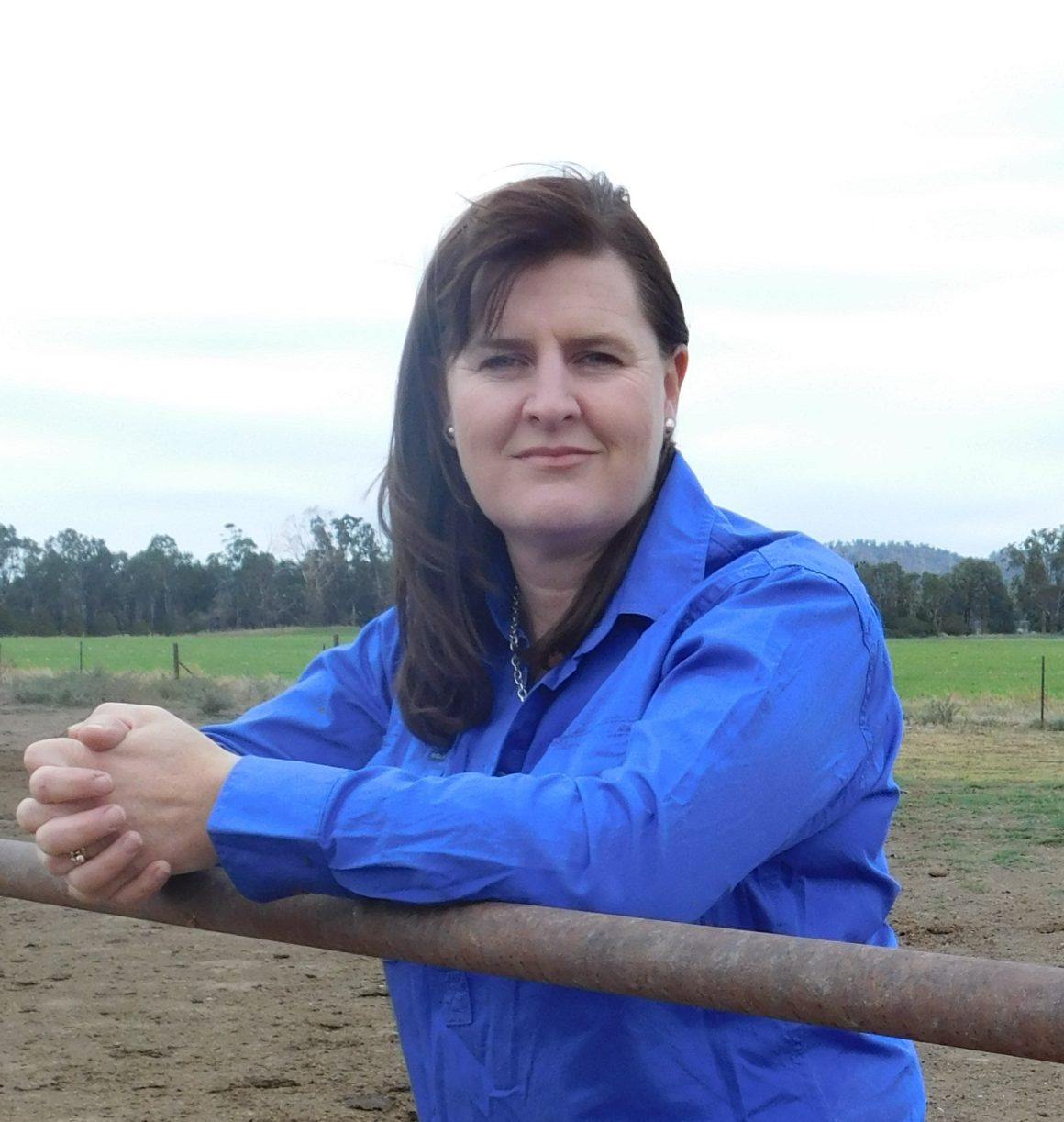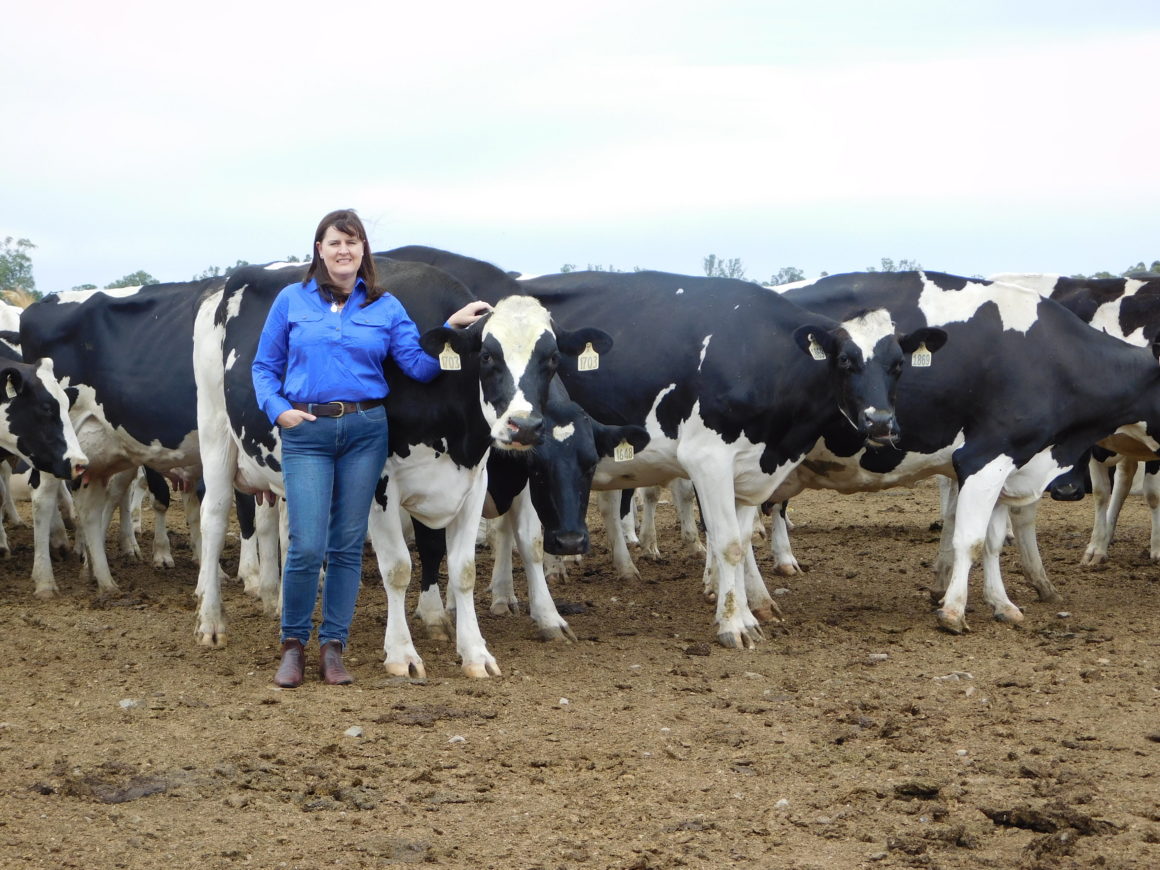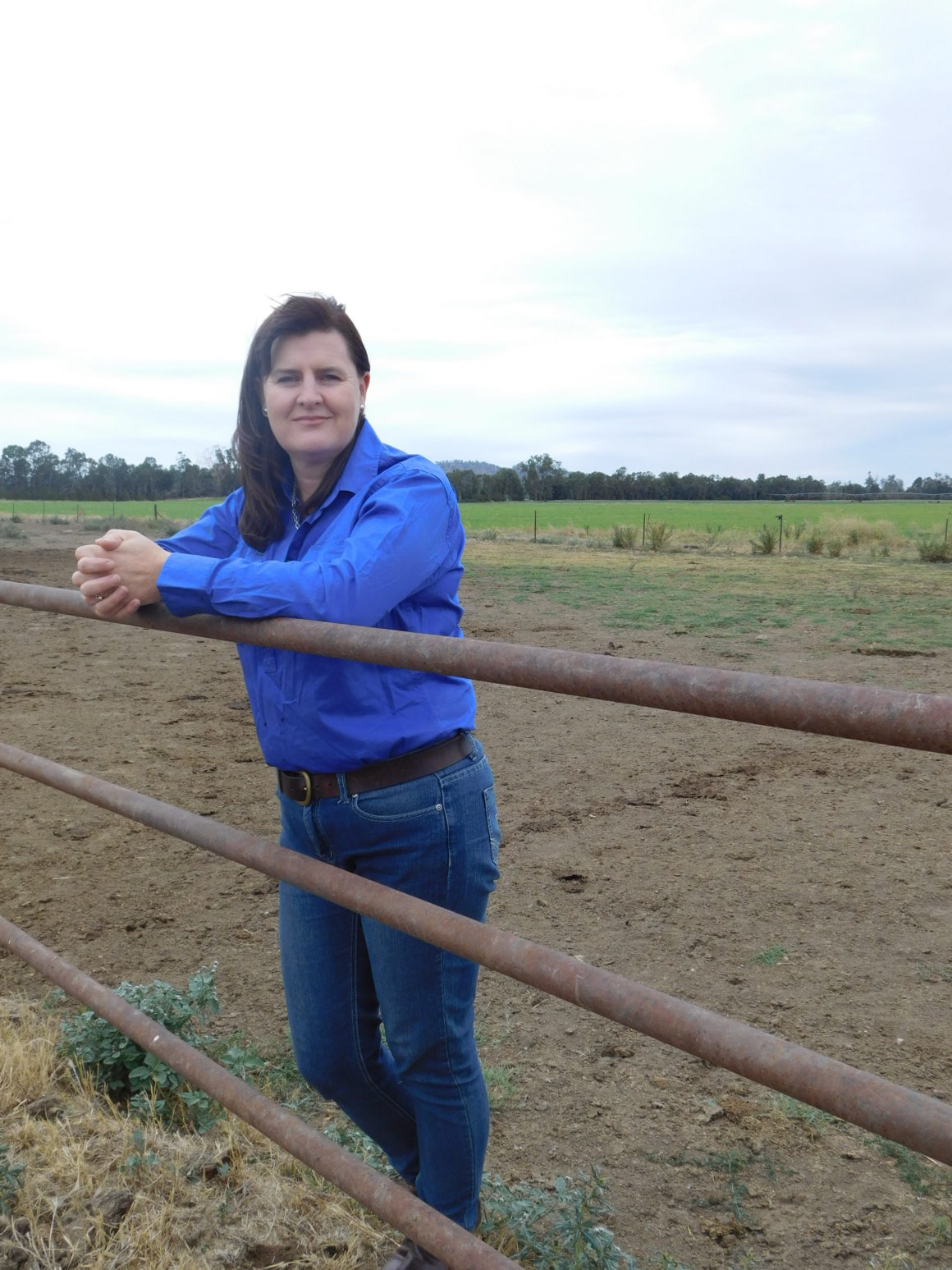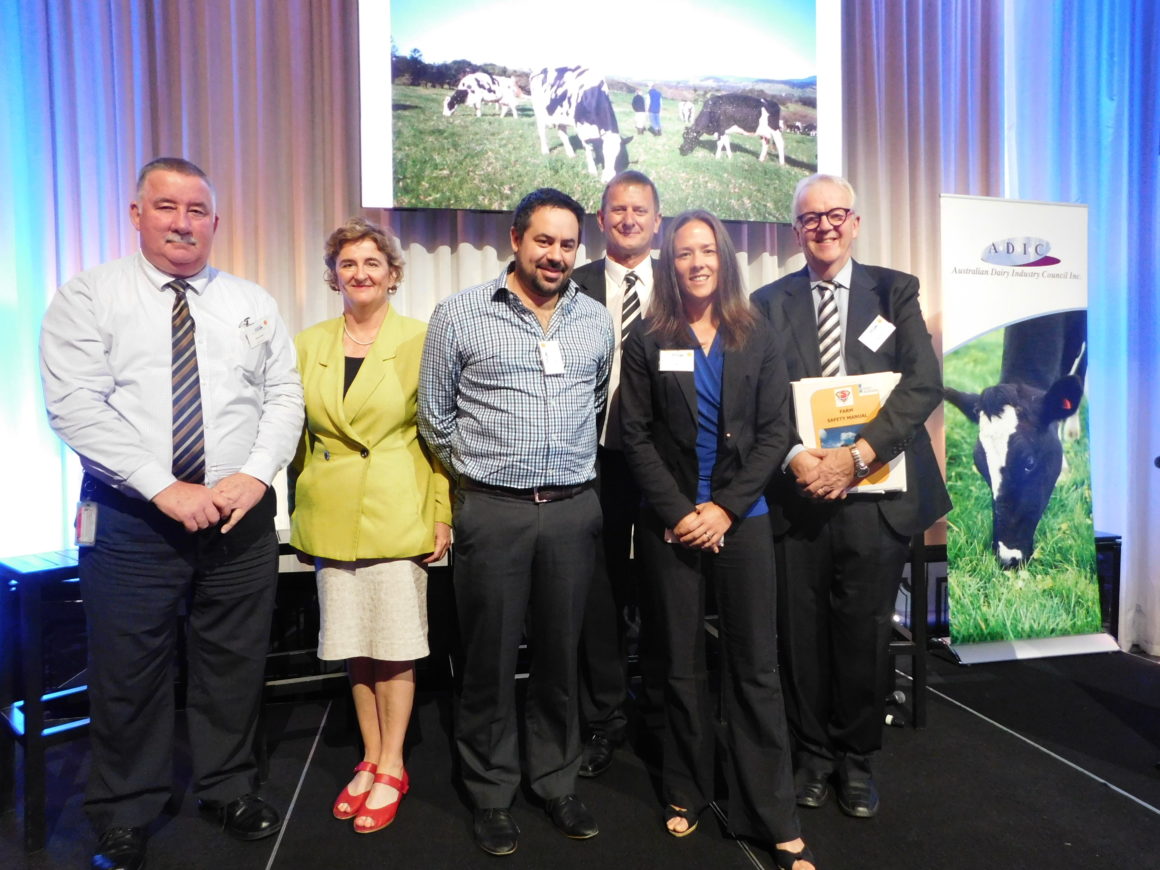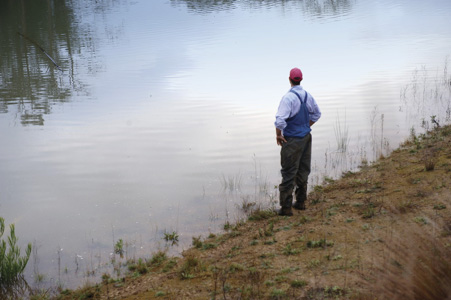Dairy industry leaders are united around a clear objective: to ensure every Australian dairyfarmer has the capability, tools and support to fully understand
their individual business position, and to make decisions about their future based on sound evidence.
The release of Dairy Australia’s Situation and Outlook report last week reinforced that there are tough times ahead – but also that with collaboration,
empathy and leadership, measured policy responses and effective support from government, consumers and our own supply chain, we can work towards
a stronger future.
To prepare for the next season farmers must have earlier and clearer pricing signals, with a more equitable pricing system that better balances risk
along the supply chain of farmers, processors and retailers. Without this, farmers and allied businesses will remain vulnerable. ADF and our state
members continue to urge processors to urgently communicate their opening price as soon as possible.
Commonwealth and State Government support in Tasmania, Victoria and South Australia has bolstered programs to strengthen pathways for dairyfarmers
and enhanced our ability to support the health and wellbeing of our own. We need detail on these announcements as soon as possible and have been
pressing governments to release the criteria for the Dairy Recovery Concessional Loans scheme immediately.
As the industry’s peak body, our longer-term resolution includes significant policy ambitions. We need a more equitable pricing system that better
balances risk along the supply chain of farmers, processors and retailers.
To help farmers here and now it is crucial that the full suite of support measures be available to farmers across all dairying regions, as processors
begin the process of setting milk prices to be paid from July 1. All dairyfarmers, not only Murray Goulburn and Fonterra suppliers, must have access
to these measures. ADF has made this clear in our discussions with Government.
We are aware that the current challenges concern sharefarmers and dairy farm employees too. Dairyfarmers who have previously been ineligible for government
assistance due to their permanent residency status are also on our radar. Ensuring our industry can retain skilled, experienced employees is key
to safeguarding our future – a message we are taking to Canberra, to ensure all aspects of our workforce, and their needs in this unprecedented
circumstance are not forgotten.
As the details are made more clear we will contact our members. We encourage you to keep reaching out to ADF, as well as your state dairy farming organisation
and regional development programs to access support.
David Basham
ADF President

